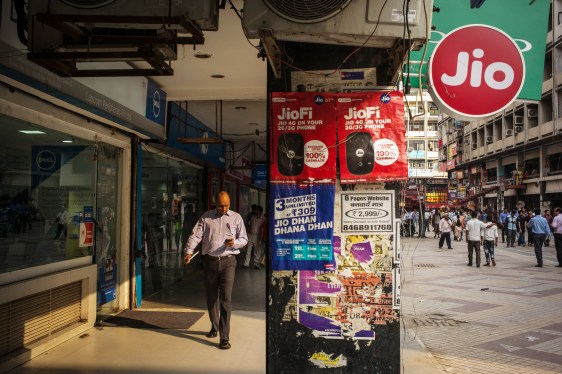The Indian Ministry of Home Affairs has issued removal orders for more than a dozen VPN apps, including Cloudflare’s widely used 1.1.1.1, from India’s Apple App Store and Google Play Store. This move follows intervention from government authorities, according to a document reviewed by TechCrunch and a disclosure made by Google to Lumen, Harvard University’s database that tracks government takedown requests globally.
Affected Apps and Developers
Among the affected apps are Hide.me and PrivadoVPN. In a communication to one of the affected developers, seen by TechCrunch, Apple cited a "demand" from the Indian Cyber Crime Coordination Centre, part of the Ministry of Home Affairs, which deemed the developer’s content to contravene Indian law.
The ministry, as well as Apple, Google, and Cloudflare, did not respond to requests for comment. This enforcement action marks the first significant implementation of India’s 2022 regulatory framework governing VPN apps.
Regulatory Framework and Requirements
India’s 2022 regulatory framework mandates that VPN providers and cloud service operators maintain comprehensive records of their customers, including names, addresses, IP addresses, and transaction histories, for a five-year period. The stringent requirements have prompted pushback from major industry players.
Leading brands like NordVPN, ExpressVPN, Surfshark, and Proton VPN have voiced significant reservations about the rules, with several announcing plans to withdraw their server infrastructure from India. However, NordVPN, ExpressVPN, and Surfshark continue to maintain services for Indian customers, though they have stopped marketing their apps in the country.
Impact on Industry Players
The removal of popular VPN apps has sent shockwaves through the industry. The stringent requirements of the regulatory framework have forced several major players to reassess their presence in India.
Major brands like NordVPN and ExpressVPN have expressed concerns about the regulations, citing concerns over data privacy and security. Surfshark has also been vocal about its reservations, stating that it cannot comply with the new rules without compromising its users’ anonymity.
Cloudflare’s Response
Cloudflare, the company behind 1.1.1.1, has not publicly commented on the removal of its app from Indian stores. However, in a statement to TechCrunch, Cloudflare said that it is committed to complying with local laws and regulations while also protecting users’ data.
"We take our obligations under applicable law seriously," a Cloudflare spokesperson said. "We will continue to work with governments around the world to ensure compliance with their requirements."
Government’s Stance
The Indian Ministry of Home Affairs has not publicly commented on the removal of VPN apps from Indian stores. However, in a statement to TechCrunch, an official said that the government is committed to protecting users’ data and security.
"We take all necessary measures to ensure compliance with our regulations," the official said. "We will continue to work with industry players to ensure that they comply with our requirements."
Industry Reaction
The removal of VPN apps from Indian stores has sparked a heated debate in the industry. Several major brands have expressed concerns about the regulations, citing concerns over data privacy and security.
"We cannot compromise on our users’ anonymity," said a spokesperson for NordVPN. "We will continue to advocate for changes to the regulations that would allow us to maintain our services in India."
Conclusion
The removal of VPN apps from Indian stores marks a significant development in the ongoing debate about data privacy and security. The stringent requirements of India’s 2022 regulatory framework have forced several major players to reassess their presence in the country.
As the industry continues to navigate these complex regulations, one thing is clear: the future of VPN services in India remains uncertain.
Related Stories
- Nvidia’s Project Digits is a ‘personal AI supercomputer’
- Google is forming a new team to build AI that can simulate the physical world
- OpenAI is losing money on its pricey ChatGPT Pro plan, CEO Sam Altman says

